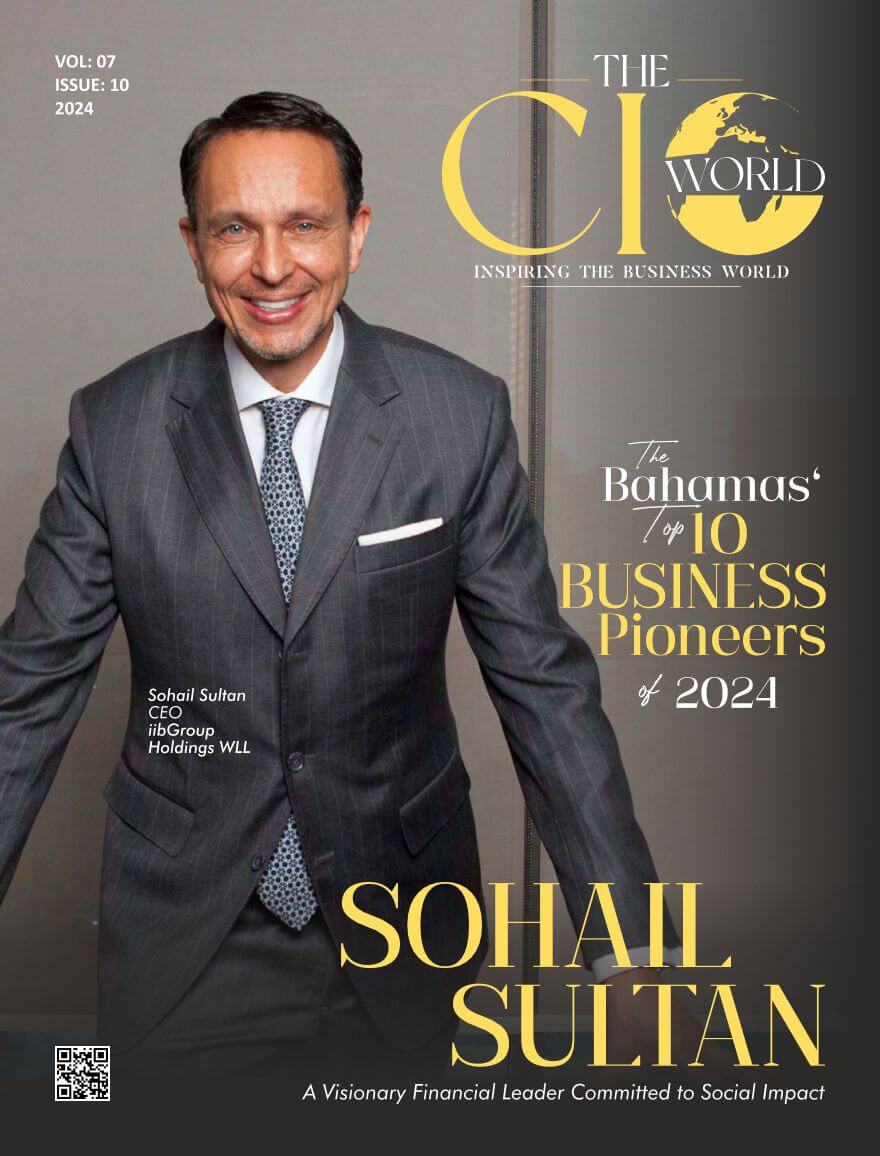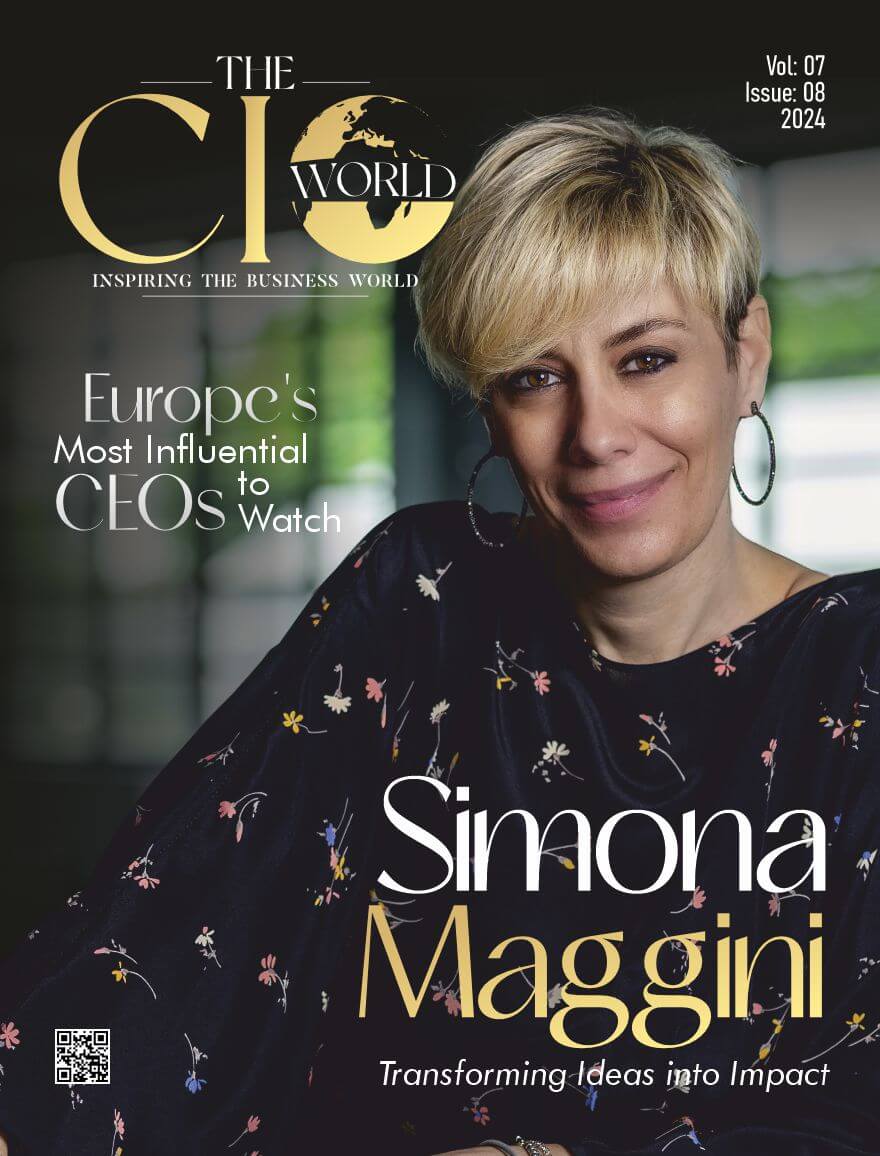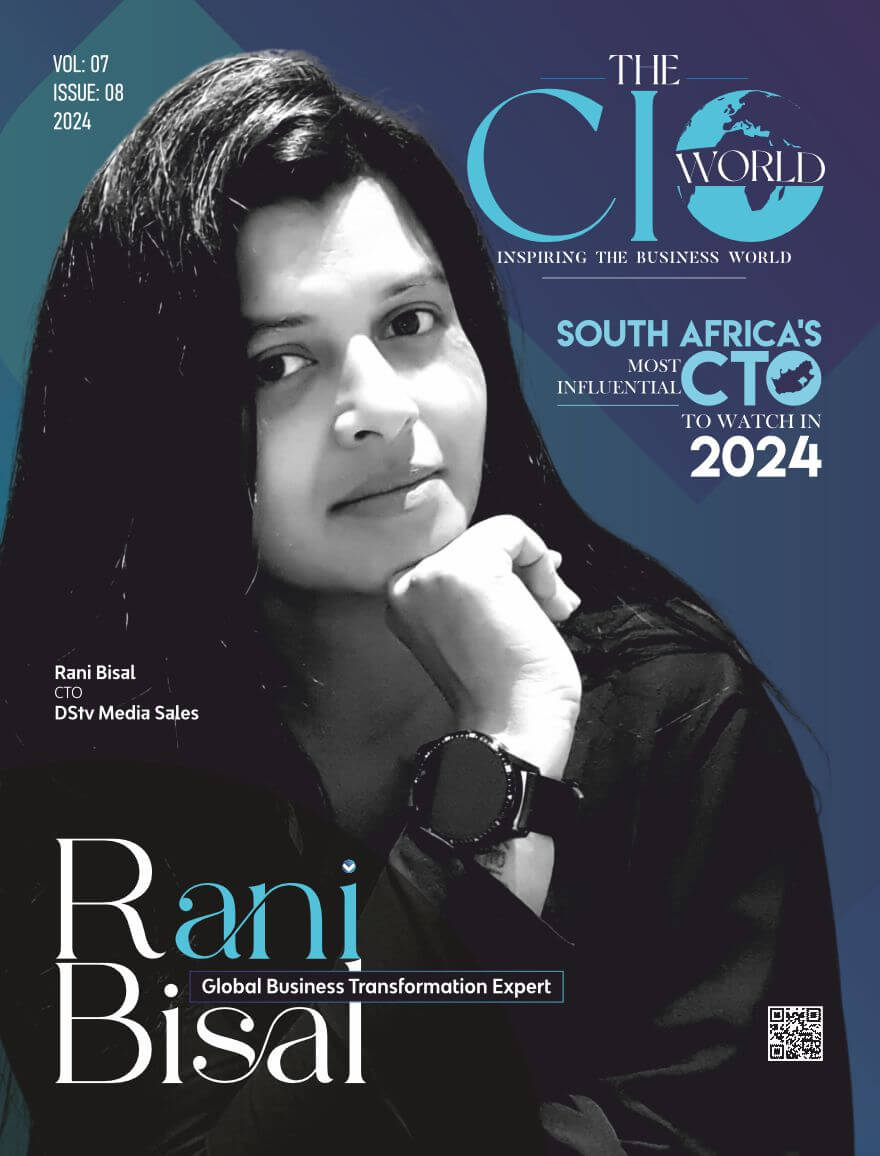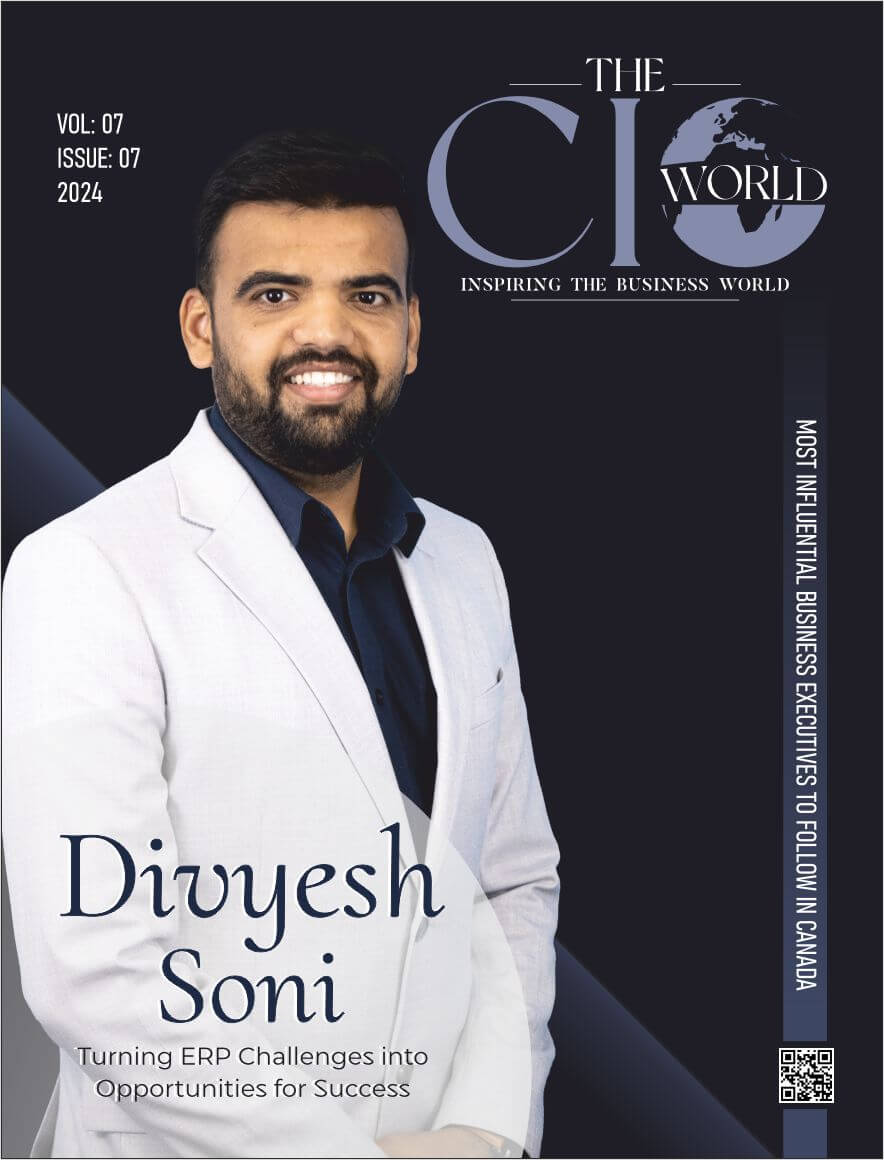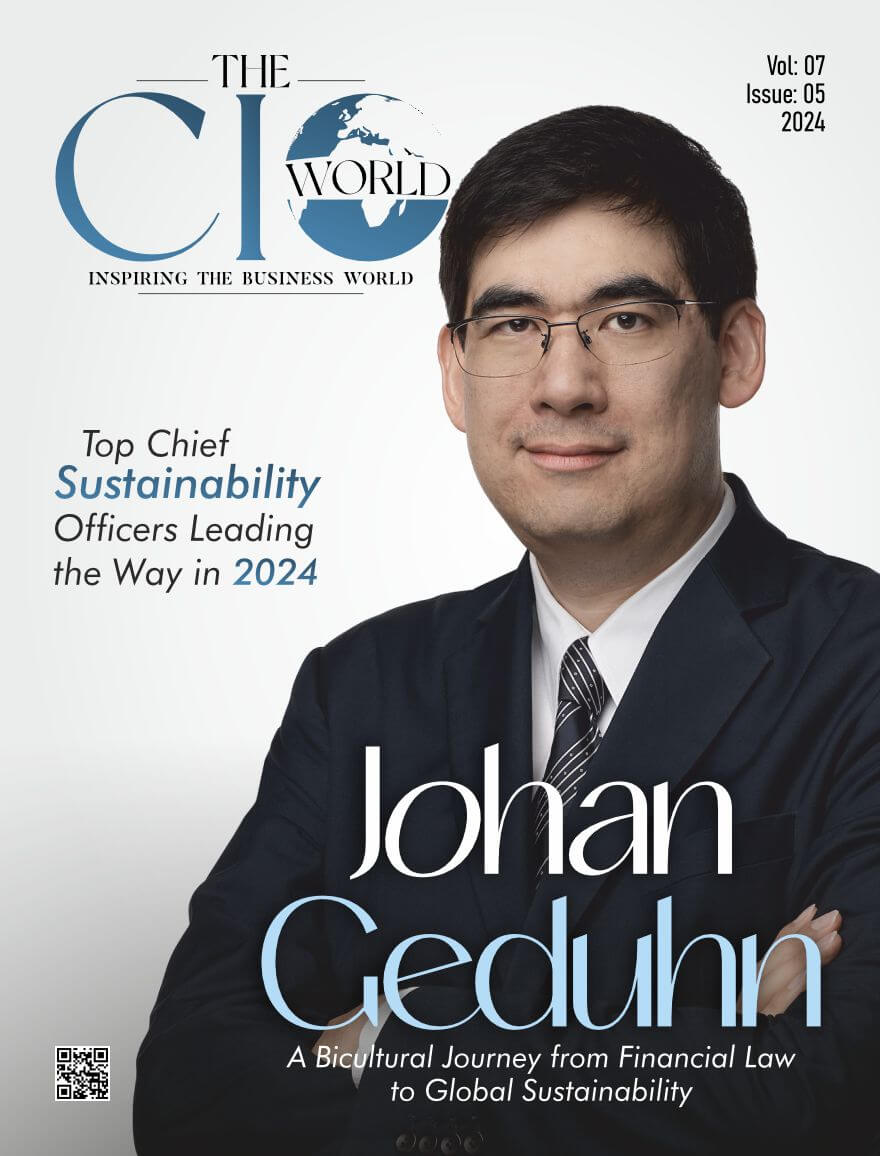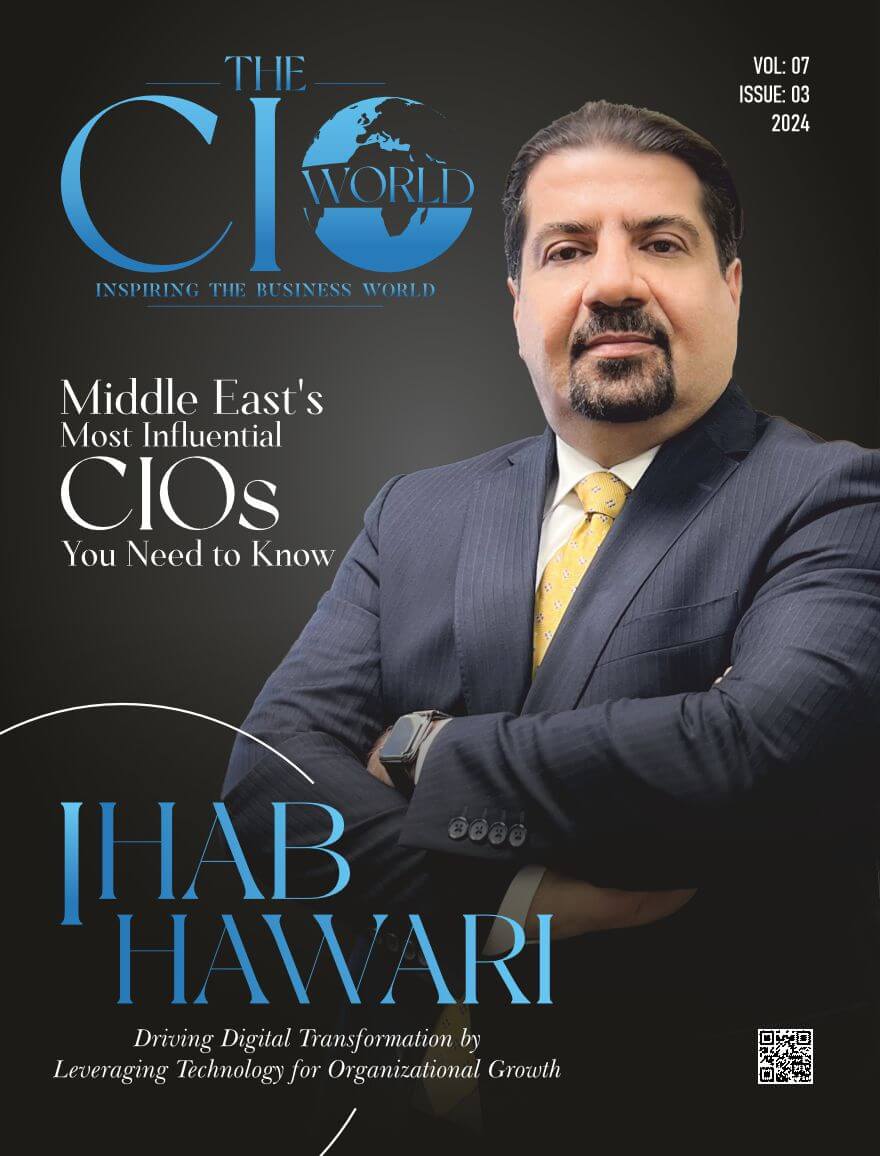One of the most significant forces in promoting global sustainable development is the leadership of businesses. Following a pandemic, growing inequality, and environmental catastrophes, it is becoming more evident that leaders possessing a comprehensive skill set are in short supply.
Executives in business who can take advantage of linked cognitive skill development are desperately needed nowadays.
The “Impactful Five” (i5) project (i5PRME) was created by the Principles of Responsible Management Education (PRME), a United Nations initiative that aims to transform business education and produce tomorrow’s responsible decision-makers, in collaboration with the LEGO Foundation and Project Zero at the Harvard Graduate School of Education.
The i5PRME integrates the i5 characteristics of making learning meaningful, joyful, iterative, socially interactive, and actively engaging by developing methods to combine cognitive skillset training with creative, emotional, social, and physical skillset training. It does this by drawing on knowledge and experiences with “playful learning.”
Using LEGO bricks to achieve the i5PRME is an unusual but very successful method. PRME Champion, School of Business, at Monash University Malaysia, hosted the “LEGO as a Tool for Learning and Teaching in the Classroom” LEGO Workshop for the PRME Chapter ASEAN+ i5PRME on September 27.
In-depth discussion of LEGO’s “hands-on, minds-on” approach was conducted during the workshop, which brought together educators from PRME signatory schools in Malaysia, Thailand, and Indonesia. The goal of the approach was to help students in accounting, finance, marketing, management, economics, and law achieve the i5 characteristics.
Students can engage in a hands-on and engaging learning experience with the Sustainable Development Goals concepts using LEGO bricks. Students can build models that depict SDG behaviours through practical exercises, and they can see how their choices affect society and the environment.
This physical connection turns abstract concepts into concrete, unforgettable teachings, enhancing the educational process. Students can, for instance, construct models that depict a product’s life cycle to demonstrate how sustainable sourcing, production, and disposal methods support the SDGs’ circular economy. This task develops critical thinking and problem-solving abilities while reinforcing theoretical knowledge.
The adaptability of LEGO goes beyond the classroom, providing chances for hands-on interaction with outside stakeholders.
Working with businesses to address particular sustainability and SDG concerns through collaborative projects can give students invaluable practical experience and build a link between academic learning and real-world applications.
All things considered, the PRME ASEAN+ i5PRME LEGO workshop provided valuable insights and perspectives. It brought innovation to SDG leadership education by demonstrating how LEGO can be utilized as an efficient tool for accomplishing the i5PRME in the classroom.
Read More: https://thecioworld.com/


